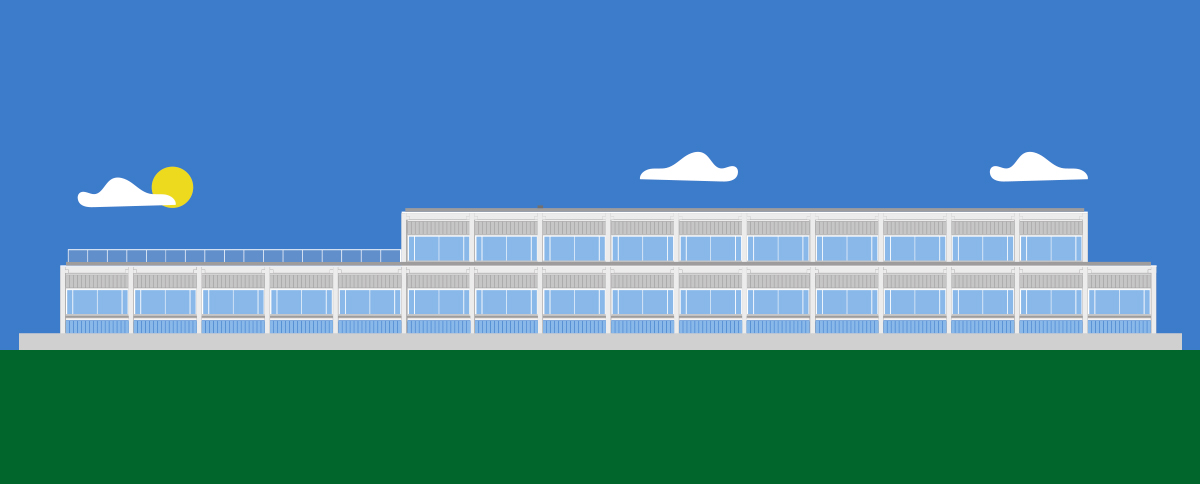PhD in Chemical Science and Technology
- General Information
- Descriptor
- Training activities
- Lines of research
- Professors
- Results
- Technical details
What is it?
The objective of the doctoral programme in chemical science and technology is to provide candidates with an advanced, specialized, and multidisciplinary education in the various fields of chemical sciences and technologies, and to give them a high level of professional specialization. Doctors that have been trained in this programme will be at the forefront of chemical knowledge and related technologies, and they will be able to quickly participate as members of R&D laboratories, research teams, or innovation and technology companies.
The research lines that can be explored for dissertations cover the various areas of chemical knowledge, including: kidney stone disease and biomineralization, bioorganic and bioinorganic chemistry, nanostructured materials and biomaterials, applied organic chemistry, supramolecular chemistry, analytical chemistry, automation and the environment, reactivity, and the design of pharmaceuticals and food technologies.
The programme is comprised of two blocks: educational/training activities and the creation of a dissertation. Candidates must participate in at least 150 hours of education, at least 50 of which must be in interdisciplinary activities that focus on scientific English, managing databases or bibliographic sources, acquiring knowledge about the process of registering patents, or methods of promoting/disseminating results that are obtained. The remaining hours will be dedicated to carrying out specific activities, such as attending workshops, seminars, courses, or conferences related to the line of research in which the candidate is completing their dissertation. These requirements hold for part-time students, too.
The programme will develop and provide support for mobility and internationalization with respect to research and educational activities. As a consequence, up to 160 education/training hours can be recognized for candidates who have attended conferences or have completed stays in other centres.
The creation of the dissertation is focused on laboratory research on a specific topic under the supervision of one or more directors. Here, the candidates' talents and abilities to innovate will pair with the knowledge, specialization, and experience of the director(s) in order to create a close nit collaborative effort that will produce novel, recognized, and noteworthy research.
What will you learn?
To pose questions and carry out original research work that allows for the limits of knowledge to be expanded.
To rigorously and critically assess any scientific topic in this field.
To work with advanced instrumental techniques and manage bibliographic resources. To know how to draft scientific communications and articles describing the results of research and present a scientific topic in the English language.
To analyse the possibilities of taking results and turning them into patents or giving them applications that are transferable to society.
To work in a team and know how to individually carry out tasks assigned by the research group.
High-quality official study
Legislation requires that official Spanish degree programmes receive a positive assessment from the National Agency for Quality Assessment and Accreditation (ANECA, by its Spanish acronym). This process is known as verification, and it serves to ensure that education programmes are properly designed to provide the competencies and reach the learning goals around which the programmes are built.
The European Higher Education Area requires that there be a system in place to ensure the quality of degree programmes.
The doctorate programme is subject to constant assessment and improvement processes that guarantee that it maintains a certain level of prestige and renown in Europe. You can see the results of the assessment processes in the results section.
